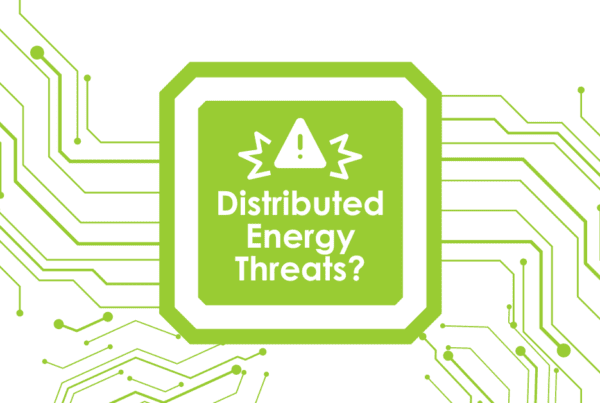
Being a critic and a manager, I always love it when somebody else does my work for me and I can lay low, because I often feel like a grumpy old man. For example, some of my guys are tougher and harsher than I am on issues, people, and their work both inside and outside the company.
On a related note, there is a big difference between whining and complaining. I use a more vivid term for the latter, and I’ll leave it to the reader to guess what that is. How does one define the difference? The difference is whining has a woe-is-me connotation, and “me” has not done, and is not doing anything about it. “Me” has not suggested alternatives, made any changes, taken the snake by the fangs, talked to the right people, voted, written letters to the editor, met with the person they’ve had a grievance with, and so on. Instead, “me” whines to people who have no control over the situation, say a spouse. Can you relate? One of the Tough-Mudder pledges includes, “I do not whine. Kids whine.”
Kids are allowed to whine because they are not mature enough to live with the consequences of bad decision making. It’s for their own good. Parents set the rules and therefore parents must be petitioned for changes. Come to think of it, this isn’t whining at all. Go for it kids. You are clearly qualified and in the right position to complain to parents incessantly, and per definition, tell the ignorant parents they are directly responsible for your oppression.
Ok.
The American Council for an Energy Efficient Economy (ACEEE) recently issued their state by state report card, and I didn’t pay that much attention because things don’t change a ton from year to year. However, one thing I checked on is Wisconsin’s standing since Focus on Energy (FOE) began. For those who don’t know, Focus on Energy is Wisconsin’s state-run energy efficiency program portfolio. Back in the 1990s the stakeholders thought deregulation was going to sweep the industry and there would be competition for electrons. And although there would be alternatives, Wisconsin, as did some others[1], took programs away from the utilities and centralized it to the state level.
Wisconsin’s first giant mistake was to have a major branch of the Wisconsin State Government be responsible for the program. I believe that was the department of administration. Shortly after going statewide with the pilot phase, the governor and legislature raided the cookie jar and eviscerated FOE when the first budget “crisis” hit as a result of the recession preceding the current never-ending one. Then it moved under the purview of the Public Service Commission (PSCW) to shield it from cowardly lawmakers.
Nevertheless, since just before FOE (1998) to present day, Wisconsin has fallen from 8th in the ACEEE ranking to 17th. It is dead last among neighboring states: MN-9th, IA-11th, IL-14th, and MI-12th. I noticed Michigan was ranked 46 in 1998!
Ok. I wasn’t going to point this out in this blog, except for a letter to the editor from ACEEE’s Dan York, published by Cap Times (Capitol Times – Madison). Mr. York did my work for me as described above.
A spokeswoman for the PSCW claimed FOE has fallen behind in spending but not in results and therefore, ACEEE’s rankings were wrong. Mr. York responded with the smackdown letter to the editor, stating that ACEEE incorporates both spending and results into its rankings, and he also thanked Wisconsin for paying attention.
What is the problem? Cue up my opinions. While the program has moved out of direct control of lawmakers and the administration, it still has a heavy dose of political influence. I have met and know, to some degree, especially with reinforcement of many, many people in the industry, the staff at the PSCW. While I have some disagreements with their views, this I can say: they clearly have the best interest of the state in mind, and in fact, at the top of their decision making processes.
Does anyone need examples of problems with the political system? Per Winston Churchill: “…it has been said that democracy is the worst form of government except all those other forms…”. A few keywords and phrases regarding our political system/democracy: endless protesting, tea party, senators hiding out at Super 8 in other states, occupiers, budgets not being passed for four years, totally partisan legislative voting.
I have no evidence of PSCW staff being politically influenced, but the commissioners themselves are political appointees, “serving”[2] at the pleasure of the governor. I do not know how, when, or for how long commissioners are appointed, as I know for the US Supreme Court (SCOTUS).
Anyone think even SCOTUS is blind to ideology? Everything SCOTUS decides is personally and/or politically motivated. If justice were blind, many decisions would be 9-0. Instead, decisions are massively partisan. A couple courts ago, we could just get rid of eight judges that always split the vote 4-4 and keep Sandra Day O’Connor, the “swing” vote. More recently, just keep Anthony Kennedy, the swinger. The point is, partisanship seeps into everything at state and federal governments. This is a problem, and there are others as well.

I haven’t watched prime time TV for 25 years at least, but I remember an episode from Happy Days, ironically set in Milwaukee, when The Fonz was having an identity crisis and he had to recapture his cool by jumping 14 barrels or something stupid like that. Complete with drum roll, just as he cleared the ramp, they cut it off, “To Be Continued” for next week (when he crashed into Arnold’s chicken stand).
To be continued.
[2] As though the political class works for free and don’t have to follow the rules they make for the rest of us.






Join the discussion 2 Comments